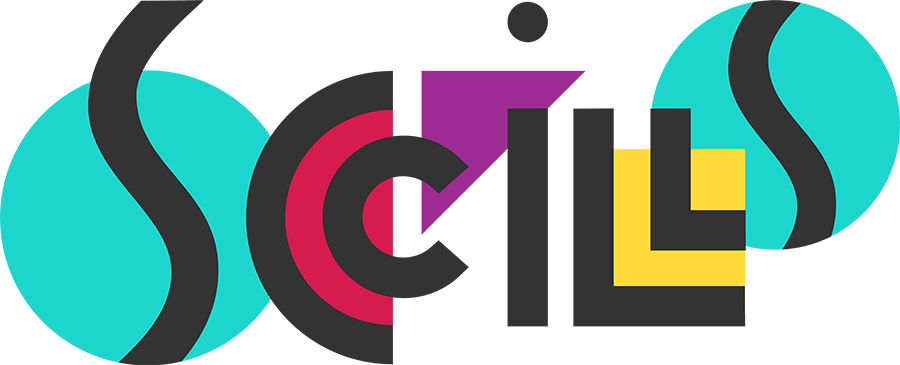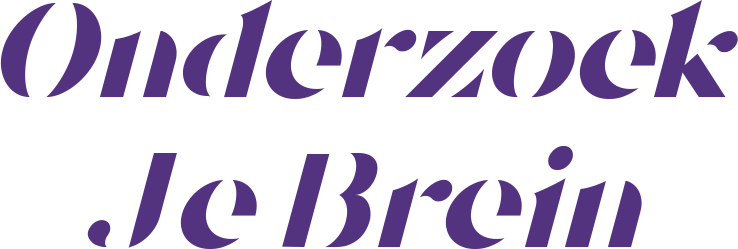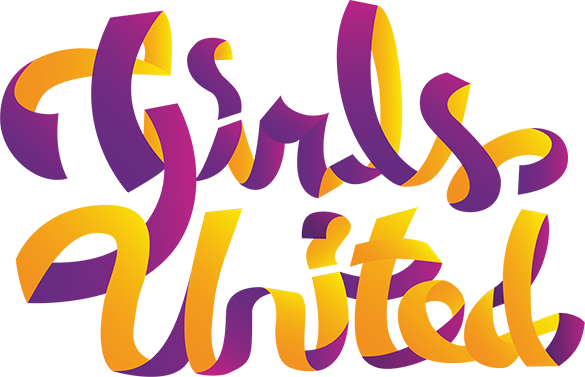

Whether you’re launching a new study, selling a technological advancement in healthcare or trying to create a positive change in education, you’re often faced with the same question: how do we reach people?
Recruitment
Getting students, teachers, or parents involved in a study or program isn’t easy. A flyer won’t cut it. A talk often drifts out of focus. You need something that grabs attention and makes your ask clear—fast.
Onboarding and training
New team members, school staff, or support professionals need to quickly understand what your project is about and how they fit in. Dry PDFs or complex internal documents rarely do the trick.
Sharing results
Research papers are essential but rarely accessible. Animations offer a way to make findings visible and understandable, without the academic fog or journal paywalls.

It grabs attention
Especially when your audience includes children or teenagers, animation cuts through the noise better than flyers, parent letters, or academic PowerPoints.
It simplifies complexity
Many projects deal with sensitive topics like mental health or Social Emotional Learning techniques. Animation can convey depth without becoming overwhelming or clinical.
It creates a shared starting point
Whether you're recruiting, training, or explaining results to the broader public, an animation helps make sure everyone’s on the same page.
It's reusable
Use it in classrooms, on websites, in presentations, or at conferences. One animation can serve multiple communication needs.


This animatin was used for the research team to explain what their SEL (Social Emotional Learning) intervention is about, how it benefits teachers and how teachers would play a role in their scientific study.

What is SCCILLS?
SCCILLS is a professional development program created by researchers at Vrije Universiteit Amsterdam to help primary school teachers better support the social-emotional development of their students (better know as SEL - Social Emotional Learning). The program combines team workshops, individual coaching, and video feedback to help teachers recognize key moments in the day where SEL can be nurtured—and respond in ways that build a safe, inclusive classroom environment.
What challenge was the organization facing?
The research team needed to recruit teachers and schools to participate in their study. But the program itself, grounded in subtle shifts in teacher interaction, wasn’t easy *or quick* to explain. Teachers are busy, and rightly skeptical of anything that adds to their workload. The challenge was to communicate the value of SCCILLS in a way that felt relevant, trustworthy, and clear without oversimplifying.
How the animation helped tackle this challenge
We created a 5-minute animation that brought the core of SCCILLS to life. Abstract concepts like emotional attunement and interaction-based learning were visualized with bold, expressive shapes that "interacted" with comic book-style characters. The animation helped teachers and school leaders understand not just what SCCILLS is but why it matters.
About the production
We worked closely with the researchers to distill their message into an accessible message, created a bold graphic style, and collaborated with illustrator Gwen Stok for character design. The final deliverables included a logo, website, and animation, giving the project a strong, professional and uniquely recognisable presence.

A collection of short animations helping teenage girls better understand how their brain works and how this relates to stress, mindfulness, their friendships and their abilities to focus at school.

1. What is Happy Friends Positive Minds?
Happy Friends Positive Minds is a school-based intervention aimed at helping teenage girls improve their mental well-being by shifting their focus from over-analyzing problems to spending more time on shared positive activities. Developed by Hogeschool Rotterdam, the intervention includes an app, classroom discussions, and an educational animation series.
2. What challenge was the organization facing?
The research team needed a way to introduce difficult emotional topics like stress, co-rumination, and emotional regulation, in a way that felt accessible, non-preachy, and relevant to the girls themselves.
3. How animation helped tackle this challenge
We created a four-part animated series, each episode exploring a different emotional theme through relatable storytelling and playful visuals. The characters were designed to feel diverse and real, mirroring the social dynamics girls encounter in school. Instead of instructing or diagnosing, the animations encouraged self-reflection and conversation.
4. About the production
We worked closely with researchers from Hogeschool Rotterdam to ensure the content was both evidence-based and emotionally resonant. Studio Eye Pie developed the visual style, wrote the final scripts based on the initial draft from the research team, and produced the full animation and sound design. The series was embedded into the broader Happy Friends Positive Minds program and continues to be used in classrooms across the country.

A short animation that helped an academic research team better explain what young girls and their parents could expect when participating in their scientific study.

1. What is Happy Friends Positive Minds?
Happy Friends Positive Minds is a school-based intervention aimed at helping teenage girls improve their mental well-being by shifting their focus from over-analyzing problems to spending more time on shared positive activities. Developed by Hogeschool Rotterdam, the intervention includes an app, classroom discussions, and an educational animation series.
2. What challenge was the organization facing?
The research team needed a way to introduce difficult emotional topics like stress, co-rumination, and emotional regulation, in a way that felt accessible, non-preachy, and relevant to the girls themselves.
3. How animation helped tackle this challenge
We created a four-part animated series, each episode exploring a different emotional theme through relatable storytelling and playful visuals. The characters were designed to feel diverse and real, mirroring the social dynamics girls encounter in school. Instead of instructing or diagnosing, the animations encouraged self-reflection and conversation.
4. About the production
We worked closely with researchers from Hogeschool Rotterdam to ensure the content was both evidence-based and emotionally resonant. Studio Eye Pie developed the visual style, wrote the final scripts based on the initial draft from the research team, and produced the full animation and sound design. The series was embedded into the broader Happy Friends Positive Minds program and continues to be used in classrooms across the country.
More than just explainer videos, our animations help shape how people feel about your project, making serious topics accessible for even the youngest minds and hearts without losing depth. We help research teams and public organizations:

Translate complex ideas into stories

Collaborate in a way that supports your process

Create visuals that resonate with the target audience
We don’t just deliver animations. We help you shape your message.
Whether you’re a researcher, education expert, mental health advocate, or youth worker, we’d love to help you reach your audience with clarity and heart. Send us a message and let’s explore what animation can do for your project!
paul@eyepie.studio